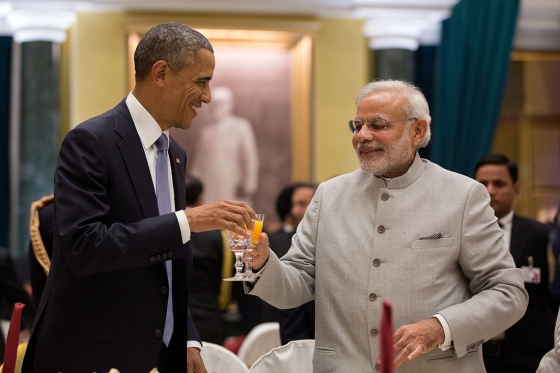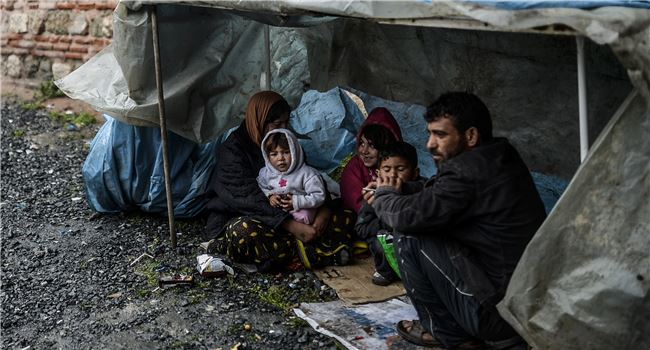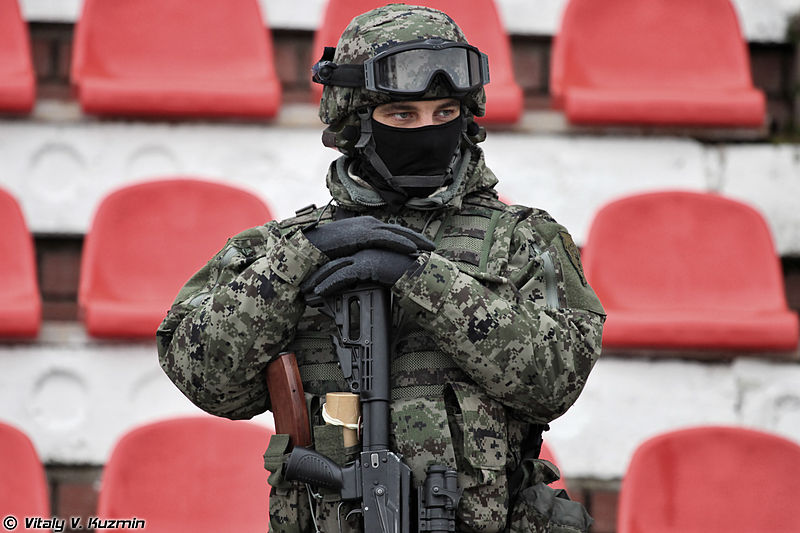
A recent Federal Court decision has ruled recent changes to the way Canada provides health care coverage to refugees as unconstitutional, stating it “jeopardizes the health, the safety and indeed the very lives, of… innocent and vulnerable children in a manner that shocks the conscience and outrages our standards of decency”. The program in question, the Interim Federal Health Program, had been changed in June 2012 to providing tiered levels of Health Care to refugee claimants. Since the introduction of the reform, it has been heavily criticized.
Canada is responsible for resettling a large number of refugees from several different conflict areas every year. Countries with resettlement programs resettle around 100,000 refugees annually, and Canada takes close to 10% of those people. Currently, there are over 160,000 refugees and over 20,000 asylum seekers residing in Canada.
In 1957 the Federal Government introduced the Interim Federal Health Program (IFHP), offering comprehensive health care coverage to refugees. This program was introduced nine years before the Medical Care Act, extending federal cost sharing to universal provincial health care programs. Prior to reform, the IFHP provided the same health care plan to all refugee claimants in Canada, regardless of their category. Similar to the coverage provided to Canadians on social assistance through their provinces and territories, it included prescription drug, dental and vision care. It was created with the recognition that refugee claimants are a particularly vulnerable population, and that primary and preventative health care would help refugees transition successfully into Canadian society.
The changes to the IFHP were created with the justification that Canada received a disproportionate number of refugee claimants from countries considered historically safe, and that fraud among refugee claimants needed to be addressed. These changes provide differing levels of coverage to different categories of refugees in an effort to deter “bogus”refugee claims. Under this reform, the IFHP provides three different tiers of coverage: Expanded Health Care Coverage, Health Care Coverage, and Public Health or Public Safety Health Care Coverage.
Expanded Health Care Coverage essentially provides the same amount of coverage as the IFHP before the reform. 14% of IFHP beneficiaries now receive this coverage, including most government-assisted refugees, victims of human trafficking, and some individuals admitted under humanitarian and compassionate grounds.
The second tier, Health Care Coverage, provides health care such as hospital and physician services, but only if they are of an urgent or essential nature. Medications and immunizations that are required to prevent or treat a disease posing a risk to public health or public safety concern are also provided. Other medications are not covered, even if they are required for life-threatening conditions.

Lastly, 24% of IFHP beneficiaries receive Public Health Care Coverage. This program is very limited, and only pertains to treating diseases that may be of danger to the public, including contagious diseases such as HIV, tuberculosis and malaria. It also provides coverage for mental health conditions where a person is likely to harm others. It is possible for someone to receive different levels of coverage at different times. For example, a refugee claimant could receive Health Care Coverage while their claim is outstanding and then only Public Health Coverage when it is rejected.
The tier a person is entered into is determined by a number of factors, including whether a person is from a “Designated Country of Origin”. The countries are designated by The Immigration and Multiculturalism Minister. Criteria for selecting those countries depend upon the existence of an independent judicial system, basic democratic rights and freedoms, and whether civil society organizations exist. There were 27 countries listed in the category of safe countries as of August 2013, most of which are members of the European Union.
Critics of the changes to IFHP have pointed to many potential problems. Increased difficulty to accessing health care for all refugee claimants, emergency room visits being increased at the expense of accessing less expensive primary care, prevalence of chronic conditions in refugee claimants being increased, and women and children being disproportionately affected are all potential problems associated with the IFHP reform.
The court ruled that the 2012 changes to the IFHP was “cruel and unusual”under the Charter of Rights and Freedoms. It was also found to be discriminatory under Section 15 of the Charter, the section pertaining to equality rights, because it provided less coverage to those individuals from a “Designated Country of Origin”. However, Immigration Minister Chris Alexander has announced that the federal government will be appealing the decision.




